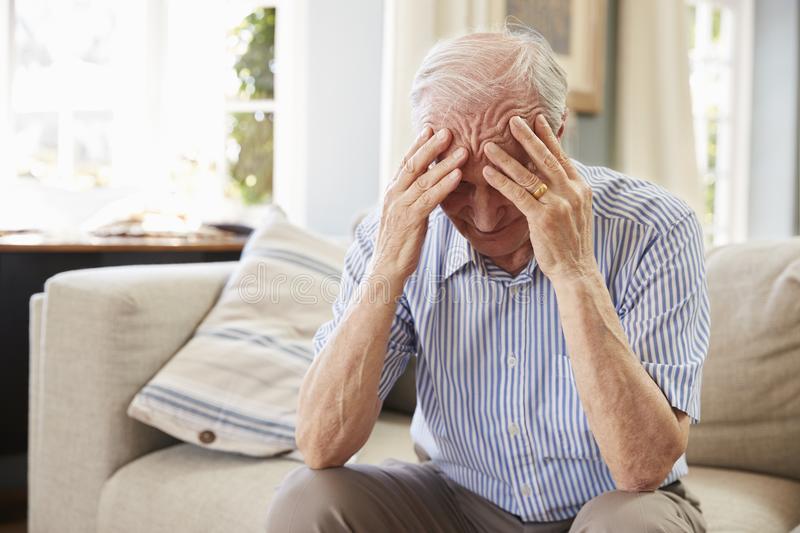Seniors and Depression II – 12 Emotional Signs and Physical Side Effects of Chronic Depression
I often say that everyone I know is “perfectly imperfect.” That includes me. Imperfection is part of our existence. Because of that, we all have good days and some not so good days, especially seniors. Advancing age, chronic illness, and the stress of daily living can make most any senior depressed for a period of time. Feelings of sadness are normal, but if those feelings are persistent and last for two weeks or longer, then that individual, according to The Oaks at La Paloma, a residential treatment facility in Memphis, TN, may be suffering from chronic depression. Generally speaking, individuals afflicted with this are experiencing problems that hinder their ability to complete daily tasks or otherwise be independent. Untreated, this disease can have serious physical problems. Before we look at the possible physical results, we need to first be familiar with some of the outward emotional signs.
Emotional Signs:
According to the Anxiety and Depression Association of America (ADAA), outward signs include:
- Persistent sad, anxious or “empty” mood
- Feelings of hopelessness, pessimism
- Feelings of guilt, worthlessness, helplessness
- Loss of interest or pleasure in hobbies and activities, including sex
- Decreased energy, fatigue, feeling “slowed down”
- Thoughts of death or suicide, suicide attempts
Physical Side Effects:
- Changes in Appetite – According to Verywellmindcom, an online site for information regarding mental health, people suffering from chronic depression can have severe weight gain or loss.
- Chronic Pain – Daniel K. Hall-Flavin, M.D., a consultant with the Department of Psychiatry at the Mayo Clinic, answers questions online of the link between depression and chronic pain.
- Heart Disease – Kathleen Smith, Ph.D., LPC, a licensed counselor and a freelance writer on mental health issues, writing for Psycom.net, an online resource for mental health consumers, discusses the research showing the relationship between heart disease and depression.
- Inflammation – Medical News Today, an online site for medical news that both physicians and consumers, shares research that “chronic stress and depression are linked to inflammation and may change the immune system. Other research suggests that depression could be due to chronic inflammation.”
- Problems with Sleep – Michael J Breus Ph.D., a clinical psychologist “and both a Diplomate of the American Board of Sleep Medicine and a Fellow of The American Academy of Sleep Medicine, shared in Psychology Today the relationship between sleep and depression.
- Digestion Problems – Julia Fraga, PsyD, a licensed psychologist based in San Francisco, states on Healthline, an online provider of health information, that “emotions like sadness, anxiety, and overwhelm can disrupt our digestive tracks. One 2011 study suggests a link between anxiety, depression, and gastrointestinal pain.”
Depression, at any age, is not something you want to go untreated. The consequences can be deadly. Not always, but there is that potential. I hope you see how any one or combination of these emotions or physical side effects could hamper someone’s independence, especially a senior. It behooves all of us to be aware of outward behaviors or emotions. If not acted upon, in a positive manner, they could lead to more serious physical problems.
My research for this article uncovered numerous studies showing that depression could cause or be caused by any of the above behaviors or side effects. Both sides were amply supported. For example, if you have a heart attack, you could, during treatment, become depressed. The opposite also holds true. Depression, if acted upon early enough, can, arguably, be seen as a positive force. It helps us recognize something is emotionally or physically wrong and we have an opportunity to correct it with positive action. With practice, we can all better recognize these behavioral triggers and help the seniors in our life avoid serious physical ailment. I hope you’ll join me next week when I share ways we can battle depression before it becomes problematic, robbing one of his or her independence.
If you’re comfortable sharing, I invite you to verbalize below how you, a friend or loved one has dealt with or helped someone with this issue.


Recent Comments